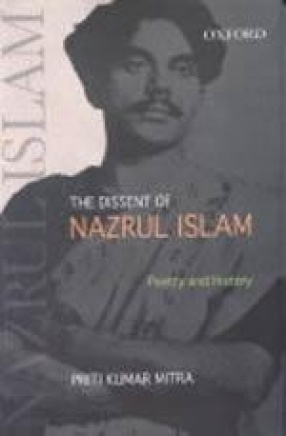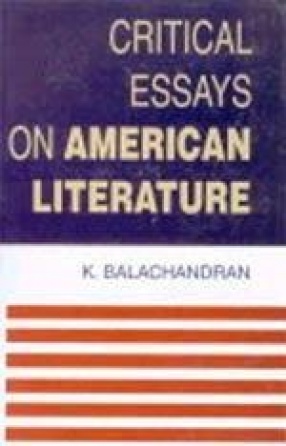Subtotal: $76.50
The Dissent of Nazrul Islam
In stock
Kazi Nazrul Islam (1899-1976) came into prominence in the 1920s as the ‘Rebel Poet’, startling the Indian literary world with his radial ideas and defiant utterances. A historic dissenter, he attacked a number of orthodoxies of the time with his fiery verses and convention-shattering practices. The Dissent of Nazrul Islam presents the rebel self of the poet through the dialectics that developed between him and the authoritarian formations he confronted. This volume focuses primarily on Nazrul’s dissent against the British colonial government in India, the Gandhian non-violent means of nationalist struggle, Islamic fundamentalism and Hindu cultural chauvinism, as well as the hegemony of Rabindranath Tagore in the world of Bengali Literature. Mitra reveals the nature, purpose, and consequences of Nazrul’s historic disobedience. He surveys the literary, political, socio-cultural, and intellectual circumstances that shaped the Rebel Poet’s ideas and actions. Exploring Nazrul’s exchanges with his space, time and environs, Mitra illustrates how these opened alternate ways of thought and writing. One of the first works in English on the life and times of Nazrul Islam with translations of many of his verses, this volume will be an absorbing read for students and scholars of South Asian intellectual history, comparative literature, and cultural studies, as well as the general reader.

 Fundamentals of Computer Science
Fundamentals of Computer Science 



There are no reviews yet.